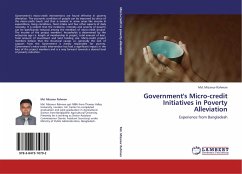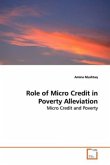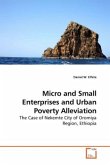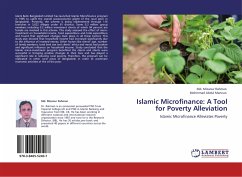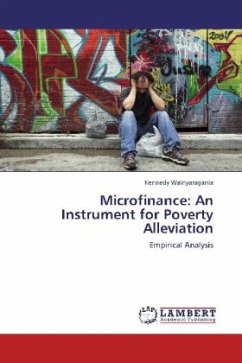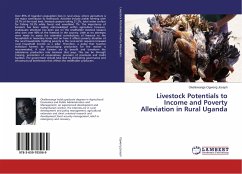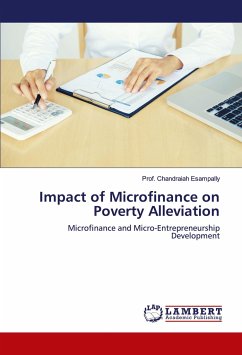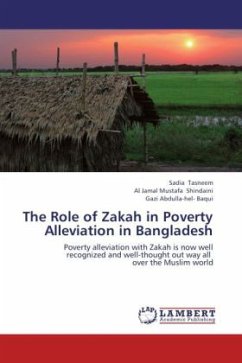Government s micro-credit interventions are found effective in poverty alleviation. The economic condition of people can be improved by virtue of the micro-credit touch and that is evident in some areas like income & expenditure, living conditions, food intake and few other aspects of daily necessity. It is evident that the incidence, intensity and severity of poverty can be significantly reduced among the members of micro-credit project. The income of the project members households is determined by the enterprise age i.e. length of membership in project, total amount of loan, total amount of investment and land holding size. Micro-credit project members believe that the structural causes i.e. generally the lack of support from the Government is mostly responsible for poverty. Government s micro-credit intervention has had a significant impact in the lives of the project members and is a way forward towards a desired level of poverty reduction.

